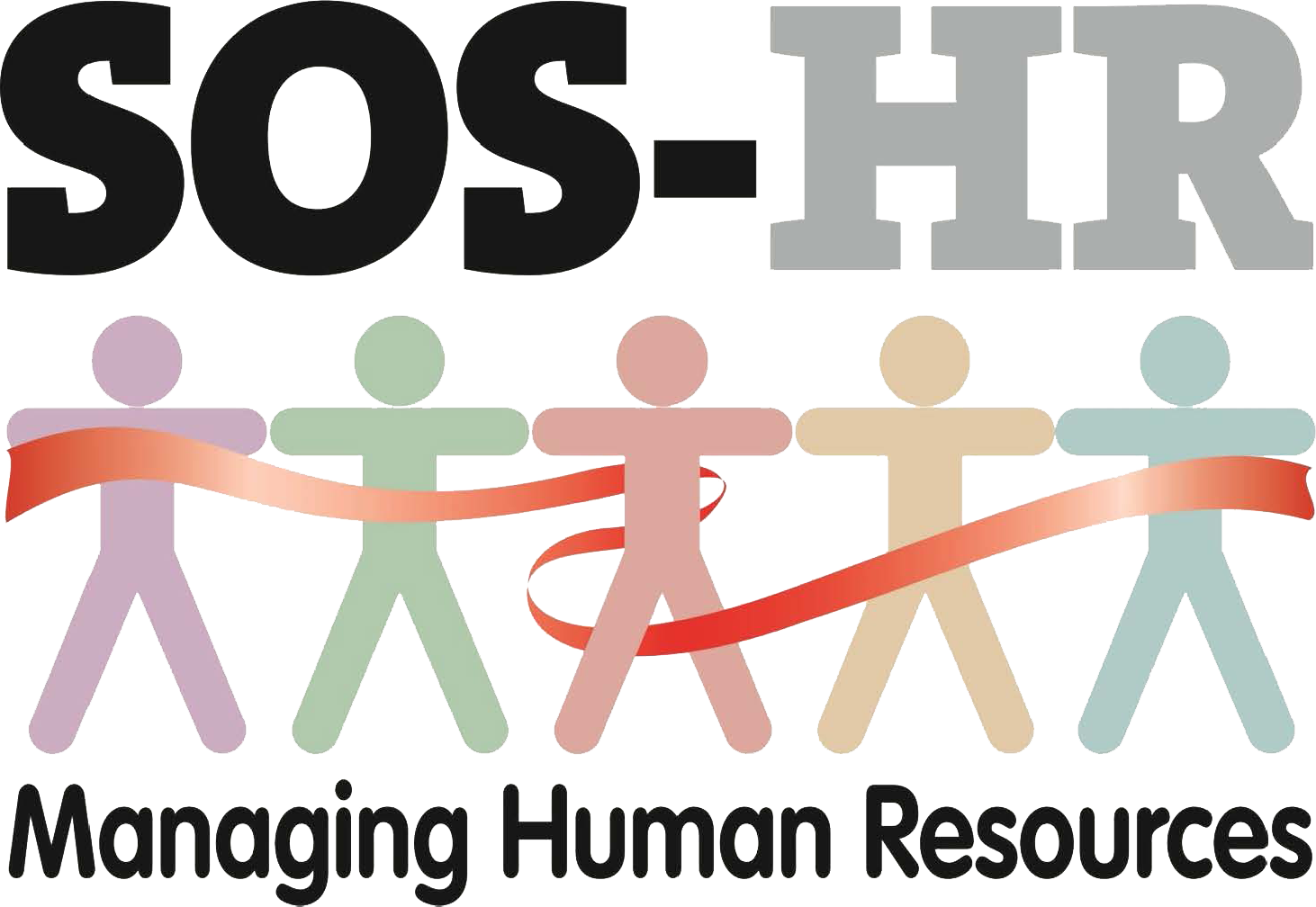WhatsApp in the Workplace
As you know, before the Covid inquiry, where Boris Johnson, along with other MPs and civil servants, had their conversations on messaging platform WhatsApp scrutinised, many believed that communication on the platform would remain private. This week further politicians are in the spotlight as their WhatsApp messages have been leaked.
These latest incidents have again raised awareness to the risk of using WhatsApp in the workplace.
In the light of the new legislation The Worker Protection (Amendment of the Equality Act 2010) Act 2023 which came into force on 26th October 2024, we have had several requests for advice and guidance with the new Anti-Harassment and Anti-Bulling policy guidance that specifically involves WhatsApp messages or other social media platforms where group or “private” chats are commonplace at work.
We know that the Act provides for a positive duty on employers to take reasonable steps to prevent sexual harassment of their employees in the course of their employment.
The new legislation advises businesses to take “all reasonable steps” to providing a safe and respectful workplace and promoting a working environment based on dignity and trust, and one that is free from discrimination, harassment, bullying or victimisation.
As WhatsApp (and other social media platforms) is often used for informal conversations, the line between personal and professional can easily blur, which sometimes puts employers at risk.
The problems that can arise with social media platforms, for example:
Some employees not being invited to join a social media group chat and excluded from work groups
After-work social activities being planned during working hours
Gossip, jokes, memes and potential inappropriate language/slang in messages
Photos, pictures and videos being shared which might offend or bring the business name or management into question
The distractions and misuse of these platforms for personal or unofficial work activities during work hours have become evident
Businesses or organisations with a culture of messaging out of hours and over weekends could ultimately face claims of work-related stress and breaching Working Time Regulations.
Some risks associated with the above:
Employees can feel excluded from unofficial WhatsApp (or other social media platforms), and this could lead to successful claims of unlawful discrimination under the Equality Act.
Employers and employees could be held personally liable for harassment and bullying claims and could also be exposed to civil or criminal complaints under the Protection of Harassment Act.
Employers not “taking all reasonable steps” to providing a safe and respectful workplace.
Employers not adequately training or educating their teams of how to safely and effectively use this method of communication, there is a risk of exposing the business to allegations of confidentiality, harassment, bullying and UK GDPR data protection (personal data) breaches.
We have looked at various legal arguments and referenced our Chartered Institude (the CIPD) for wider guidance and it is felt that a blanket-ban on WhatsApp would be “impractical” because it is so widely used and “ineffective” as the same issues could also arise by text messages and emails.
It is therefore deemed better that an employer educates its workforce on expected standards of behaviour and reasonable use of messaging Apps and that Managers lead by example.
All guidance advocates training, risk assessment and information on acceptable usage on your social media and communications policy (which would include messaging and noticeboards) should address the appropriate use of messaging services, including a clear statement that staff must not send or post messages or material that are offensive, or may cause offence, or that are obscene, defamatory or otherwise inappropriate in the work environment.
It should also be made clear that where it is appropriate to use WhatsApp for work-related communications the new standards and guidelines need to be met and where employees are using WhatsApp on devices used for work, or company owned equipment, they should not have expectations of privacy and communications may be monitored.
Please let us know if you would like SOS-HR to draft a policy or procedure around the use of social media platforms.
*People Management article October 2024
** CIPD
